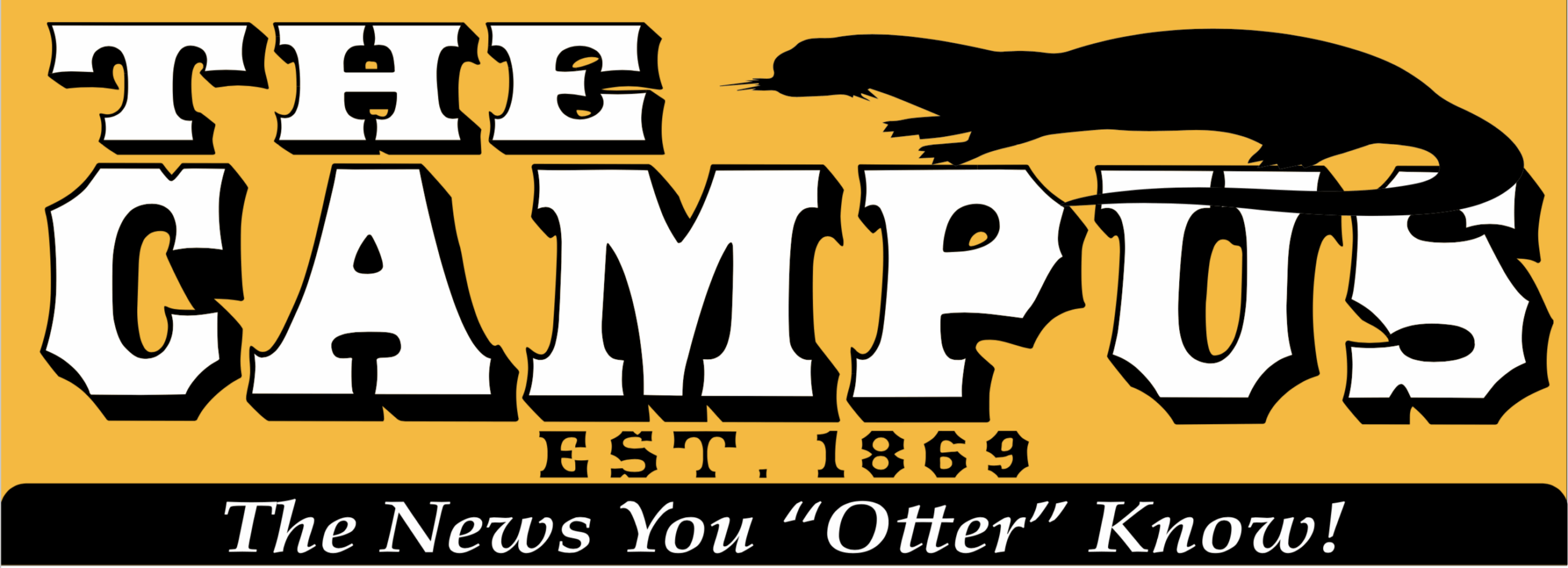As of today, the sale of Four Loko, Joose, Max and other alcoholic energy drinks will be illegal in Kansas.
On Nov. 17 the Food and Drug Administration issued a warning letter to manufactures of alcoholic beverages that included caffeine as an ingredient.
The FDA issued a news release identifying the harmful effects of caffeinated alco holic beverages. One of these harmful effects includes the inability to make decisions and the possibility of hazardous situations.
“Experts have raised concerns that caffeine can mask some of the sensory cues individuals might normally rely on to determine their level of intoxication,” the news release said.
OU Registered Nurse Martha Dodd said drinking caffeine and alcohol together could affect a person’s motor skills, brain function and heart.
“Alcohol in excess and too much caffeine can cause problems, “ Dodd said. “When mixing the two, it can be dangerous.”
Dodd also said mixing these substances can confuse your body.
“When you mix alcohol and caffeine, you are mixing a stimulant and depressant,” she said.
After the FDA warning, the Kansas Division of Alcoholic Beverage Control ordered that all alcoholic energy drinks be pulled from shelves no later than Dec. 1.
Owner of Three Guys Liquor, Richard Towe, said he isn’t surprised that alcoholic energy drinks have been banned.
“Drinking one is like drinking a 6-pack of beer,” he said.
The beverages are commonly sold in 24-ounce cans with 12 percent alcohol.
Junior Sara VanZant said people would still be able to get their hands on the beverages if they want to.
“I understand they are bad for you, but they shouldn’t be expected to go away just because they are being banned in Kansas,” VanZant said.
Sophomore Andrew McCluney said he doesn’t know if he agrees with the ban.
“If we banned everything that is bad for us, there wouldn’t be anything left,” he said.
Towe said while they are making news now, it will soon be over.
“Customers will buy something else,” he said. “They did before.”
While the beverages haven been said to be targeted at college students, Towe said the people who buy them are of different ages.
“You’d be surprised,” he said. “There is a split between 21 to 35 year olds and some older people buying them.”
Dodd said that no matter what students are consuming, they should be careful.
“Be adult about the decisions you are making,” Dodd said.
